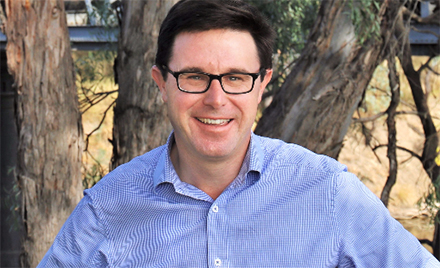China has still not responded to Federal Government and industry enquiries concerning contaminated log exports. Agriculture Minister David Littleproud said his department had formally written to Chinese authorities on two occasions seeking further information about detections of bark beetle and proposing a range of measures to give assurance that Australian log exports meet Chinese biosecurity requirements. Source: Timberbiz
“To date there has been no response from Chinese authorities,” he said. “Australia continues to seek open and constructive dialogue with China to help resolve any trade issues.”
Western Australia and New South Wales are the latest states to be suspended due to phytosanitary concerns, with log exports to China from Victoria, Queensland, Tasmania and South Australia having been suspended in November.
While the impact on WA, Queensland and New South Wales has reportedly been “minimal”, Victoria and South Australia’s Green Triangle and Tasmania have been the hardest hit.
AFPA CEO Ross Hampton was reported in The Australian today as saying the industry had responded as far as it practically could on the bark beetle issue, and the ball was now in China’s court.
“We’ve accepted the advice from China on face value that they found bark beetle. So, we’ve united as an industry and created a two-tier sanitary process where all timber exported is now fumigated twice,” Mr Hampton said.
“We let the Chinese know a month ago that we have been doing that, but so far there has been no response.”
He said the nature of harvesting plantation timber for woodchips means a resolution to the issue can’t drag on. The pulp wood stripped from the growing trees for chips must be taken regularly, or the whole cycle of planting and harvesting won’t work.
“It will get very, very difficult in coming months if nothing changes, but at the moment we have no sense of when this will be resolved,” Mr Hampton said.
He said the time was ripe for a move to greater self-reliance. “We export $3.5bn a year in forest products and then import $5.5bn a year,” he said.






